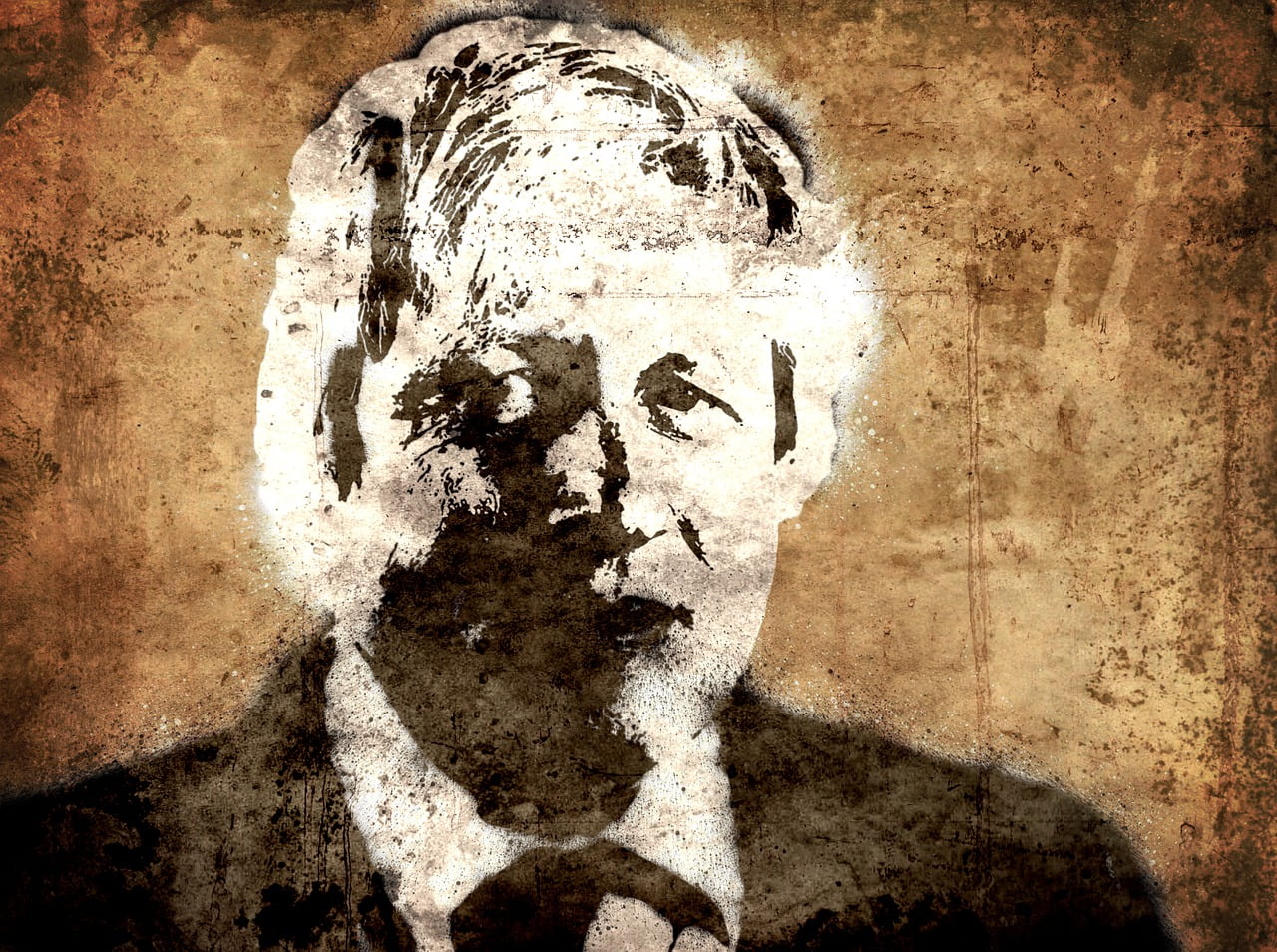I don’t mean to make a moral statement here about the various allegations against Boris Johnson. Much more, I look at the situation with the cold tools of the political scientist, respectively through the lens of the Machiavellian spin doctor.
Boris Johnson And Brexit
To begin with, the case of Boris Johnson is yet another reminder of just how fast things can change in politics. It is only two and a half years ago that he delivered a historic victory for his party. Now he got pressured to step down by his own people.
He ran to get Brexit done. And to a certain extent, part of his problem is that, well, he did get Brexit done. Leaders nowadays don’t need elaborate policy platforms. In fact, having those makes them vulnerable to attacks. It is however important to have a few, big defining ideas, and that’s the problem with Johnson. Once he got Brexit done, he ran out of big ideas to focus on.
Q2 2022 hedge fund letters, conferences and more
Find A Qualified Financial Advisor
Finding a qualified financial advisor doesn't have to be hard. SmartAsset's free tool matches you with up to 3 fiduciary financial advisors in your area in 5 minutes. Each advisor has been vetted by SmartAsset and is held to a fiduciary standard to act in your best interests. If you're ready to be matched with local advisors that can help you achieve your financial goals, get started now.
Remember this: thankfulness has never been a driving force of electoral politics, and never will be.
If a leader gets done what he was elected to do, he quickly has to reinvent himself. Johnson did a reasonably good job on Ukraine. In fact, he is one of the most popular foreign heads of government in Ukraine, but that doesn’t count much with British voters. They worry about inflation.
A leader should be seen as at least trying to address the major concerns of his voters. Instead, Johnson increasingly looked like a leader that enjoys the perks of the office, and as trying to hold on to it.
Just as a point of comparison: Bill Clinton arguably lied under oath, and yet his approval rating was never higher than the day congress impeached him. After that, Democrats went on winning seats in the mid-term elections.
Going back to Johnson, his party mates obviously seem to think that Johnson is not the best bet to lead them into the future. It remains to be seen whether the gamble will pay off. Margaret Thatcher delivered a landslide victory to her party in 1987, then got pressured to step down. John Major took over and the change in leadership arguably helped Conservatives win another term in 1992.
It didn’t always work out that way for the incumbent party, however. Tony Blair delivered electoral wins for his party like no Labour leader before or after him. He got pressured to step down, Gordon Brown took over, and lost power.
About the Author
Dr. Louis Perron is an internationally renowned expert in winning elections. He has consulted with several presidents, vice presidents and cabinet members.





